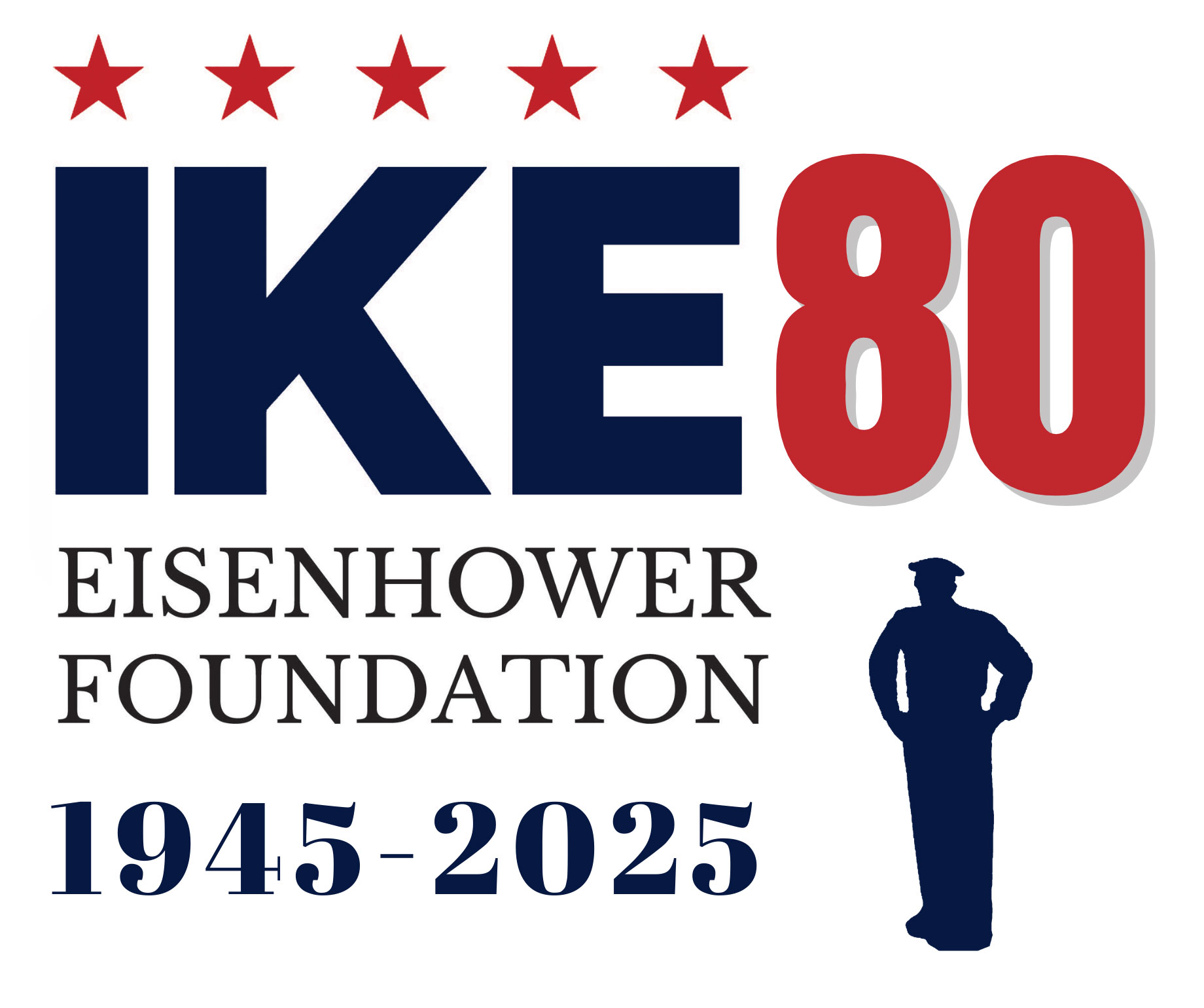Soldier Details
Division:
Highest Rank:
Technical SargeantTheater of Operation:
Served:
Honored By:
Biography
T/Sgt Marvin Geist was a POW for about 5 months at the end of WWII. Deciding to get on with life, he married, became an automobile mechanic, farmer and held other jobs that fit his personality. Born on a farm in the Upland area in NE Dickinson County, he graduated from Enterprise HS in 1942. Enlisting in the Army Air Corp after driving a cement truck during the construction of the Herington AB, he had basic training at St. Petersburg, FL, and was trained in radio communications. On 10 Sep 1944 he left a New Jersey port for Glasgow, Scotland, rode a train to Stone, England, and flew to Chateau Dun, France. Flying his first mission on a B-26 on Sep 27, Marvin, a radio operator, also manned waist guns when in enemy territory. On Dec 23, a cold cloudy morning during the Battle of the Bulge, his crew went airborne at 0900. 'We were flying about 18,000 feet on the lower left of the last echelon of the group when our lead pilot went left instead of right. When he realized, we were far from the rest of the group, couldn't catch up and fighters came in and shot us up. I was the only gun in operation and I found out later I had shot down a ME 109. Then, a shell came through the fuselage just to the left of my head. It exploded and I got shrapnel holes in my face. The shell hit our top turret gunner, an extra on his first mission. I didn't even know his name.' Given the order to bail, Marvin helped the unconscious gunner by snapping his chute and pushing him out. 'I bailed out and just as I did, the left wing exploded and fell off, burning me all over.' The injuries left him with no eyebrows or eyelashes. Landing on a roof, the jolt left him unconscious. 'When I came to, many guns and people were staring at me. They made me carry my parachute and walk to a medical station several miles away.' Walking was painful as his knee was hurt by the landing. They cleaned his burns and 21 shrapnel holes in his body, using plain crepe paper as bandages. Then he walked to a hospital at Limburg. The greeting POWs received was not friendly. 'Kids kicked and spit on me. The guard wouldn't let them kick my wounded leg, but they could my good one.' That night, the allies struck the hospital. Marvin had no doubt his survival took divine intervention. 'Turning left out of our room, there was nothing but rubble clear to the ground. I turned right, went down the stairs, and found an unexploded bomb had come in the 2nd floor window.' Dec 26, he, four other prisoners, and a German guard left by train. Whenever an air raid sounded, the train stopped and passengers went to a shelter. Once, divine intervention came through an unlikely source: the German guard. 'A Gestapo major wouldn't let the 5 of us in the shelter. After the all-clear, he lined us up to shoot us. I think he singled me out as I was Air Corps and he associated the bombers with me. Looking down the barrel of his Luger, I thought I was a goner. Our guard pulled his gun, and spoke to him. The major put his gun away and the guard said, 'Come!' I wished I had gotten to know him so I could have thanked him.' They were at Frankfort for five, scary days of solitary confinement and grueling interrogation; but he never broke. 'The last day, they told you all about yourself---when you joined the Air Corp, where and when you went to school, where you were stationed in the states, when you came overseas, where you were stationed in France, and a picture of our planes at the base. Had they known my plane's number, they could have pointed to it. It was disappointing as it showed there were spies in the US' records department.' The POWs headed to a transit camp in Wetzler, where he was one of the few not to get frostbite. There, he saw 2 of his crew. One had escaped, but was recaptured. The other had located the crashed plane, found the pilot decapitated, and a 20-millimeter hole through Marvin's chair and radio.


